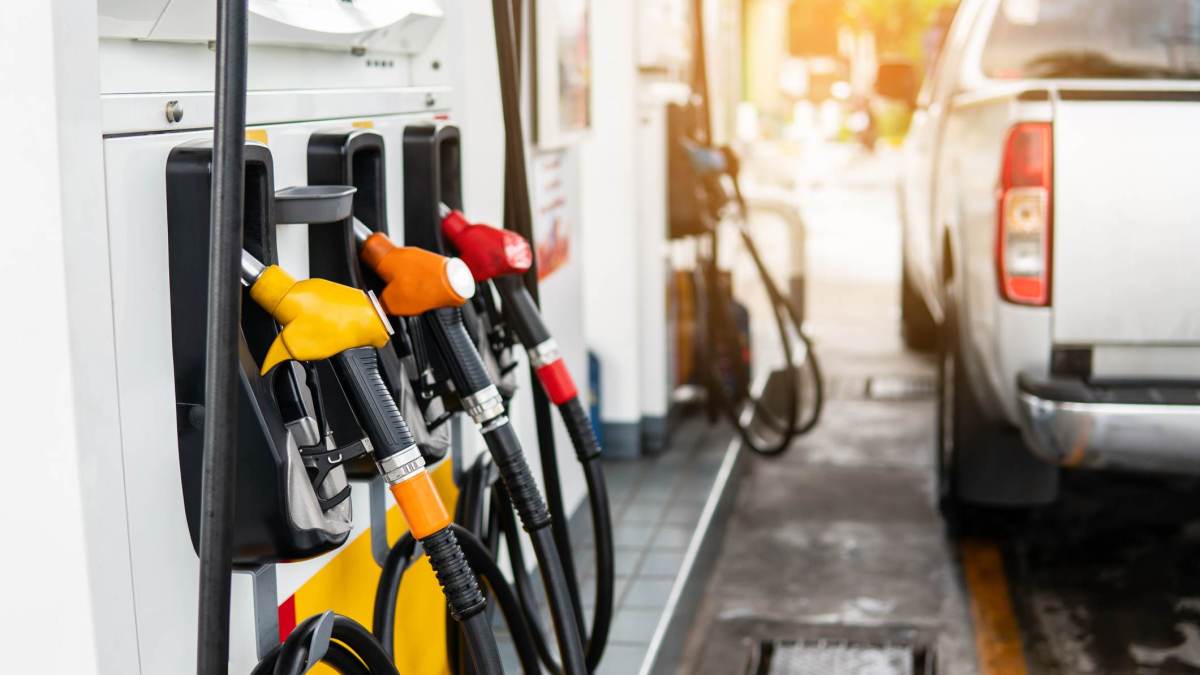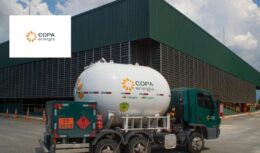
Fuel prices in Brazil are considered one of the highest on the planet. In addition, the readjustment of values even from the refineries are constant, directly interfering in the Brazilian consumer's budget.
In the hope of creating at least a stabilization or actually reducing the price of fuels in Brazil, four projects that deal directly with the prices of gasoline, ethanol and diesel are being processed in the National Congress, and should be debated between senators and federal deputies still in 2022 .
See also other features
- After a new increase in the price of gasoline and diesel by Petrobras, state secretaries decide to end the ICMS freeze on fuel and the consumer has nowhere to run
- Private refinery Mataripe operated by Arab Acelen sells fuel more expensive than Petrobras, making the value of gasoline in Bahia higher than the national average
The projects that directly address the reduction of fuel prices in Brazil are: two Proposed Amendments to the Constitution (PECs), a Complementary Law Project (PLP) and a Law Project (PL).
All these proposals that are being discussed in the National Congress are creations of senators and federal deputies. Some already receiving attention even from the Executive Power, becoming a center of political debate.
1. PEC 1/2022
The Proposed Amendment to the Constitution # 1 / 2022, presented by Senator Carlos Fávaro (PSD-MT) changes the Constitutional Amendment 109 of March 15, 2021, to reduce taxes on fuel prices in Brazil (IPI, IOF, Cide, PIS/Pasep/Cofins, IE and ICMS) and creates a diesel voucher of up to R$ 1.200 for self-employed truck drivers and vouchers 100% gas for low-income families.
In addition, the PEC provides that the Union transfers up to R$ 5 billion to States and Municipalities to ensure access for the elderly to public transport.
2. PEC of fuels
The PEC on Fuels still does not have a protocol number for processing. It was presented by federal deputy Christiano Áureo (Progressistas-RJ) after passing through the Civil House. This is one of the projects that mentions the possibility of reducing the same taxes related to fuel prices in Brazil. (IPI, IOF, Cide, PIS/Pasep/Cofins, IE and ICMS). The impact would be BRL 54 billion, according to calculations by the Federal Government.
3. PLP 11/2020
According to the text of PLP 11/2020 presented by Deputy Emanuel Pinheiro (PTB-MT), the States would have to establish a fixed annual value for the ICMS.
It is a less comprehensive project, but with a direct impact on fuel prices in Brazil and which the National Congress will have to consider in its Committees.
The proposal also sets a ceiling so that the tariff value is not greater than the ICMS rate applied on the average of fuels in the previous 2 years in the State.
4. PL 1472/2021
The law project # 1472 / 2021, presented by senator Rogério Carvalho (PT-SE), creates a fund financed by a tax on the export of crude oil and by the extraordinary profit of Petrobras with the increase in the price of a barrel of oil.
The scaling foreseen in the PLP would work as follows:
- 0% for when crude oil is quoted up to $45 per barrel;
- a minimum of 2,5% and a maximum of 7,5% when the value of crude oil is between US$45 and US$85 per barrel;
- a minimum of 7,5% and a maximum of 12,5% when the value of crude oil is between US$85 and US$100 per barrel;
- a minimum of 12,5% and a maximum of 20% when the value of crude oil is above US$ 100 per barrel.
When will the bills on fuel prices in Brazil be voted on by the National Congress?
There are no exact dates for the projects to reach the plenary sessions of the Senate and the Federal Chamber. According to sources at Agência Senado, both the PLP and the PL could enter the House Agenda on Tuesday, February 15th.
Maintenance of fuel prices in Brazil may harm the supply of gasoline, ethanol and diesel
Movements in fuel prices in Brazil have been the center of much debate. In an election year and in the face of high inflation, the subject is increasingly afloat in the political world in society.
The president of Petrobras himself, Joaquim Silva e Luna, on the 3rd of February, when participating in a virtual event by the foreign bank Credit Suisse, argued that the state-owned company should continue with the current fuel price policy, but is looking for other ways that do not involve holding values.
Silva e Luna said that the company is aware of the damage involved in trying to maintain the cost of fuel artificially and also said that Petrobras could lose several investments and imports of fuel, as it will not be possible to supply the market if the price of fuel does not be competitive.












Air Force F-16 fighters…
True friend, what they shot down were…
Air Force F-16 fighters…
I would like to know what planet you live on…
Air Force F-16 fighters…
Everything is fine, 100-year secrecy,…
Air Force F-16 fighters…
Well... It's flying scrap... Typical...
Air Force F-16 fighters…
Which genocide are you talking about? Than…
Nem construíram está linha e o traçado…
I am a Maintenance Boiler and Industrial Plumber
I am ex military
What nonsense. Deceive muggles. The government comes…
If it's true, I'll buy two a lot...
Excellent article! Now where are the quotes…
I am I am eagle
Forward Brazil